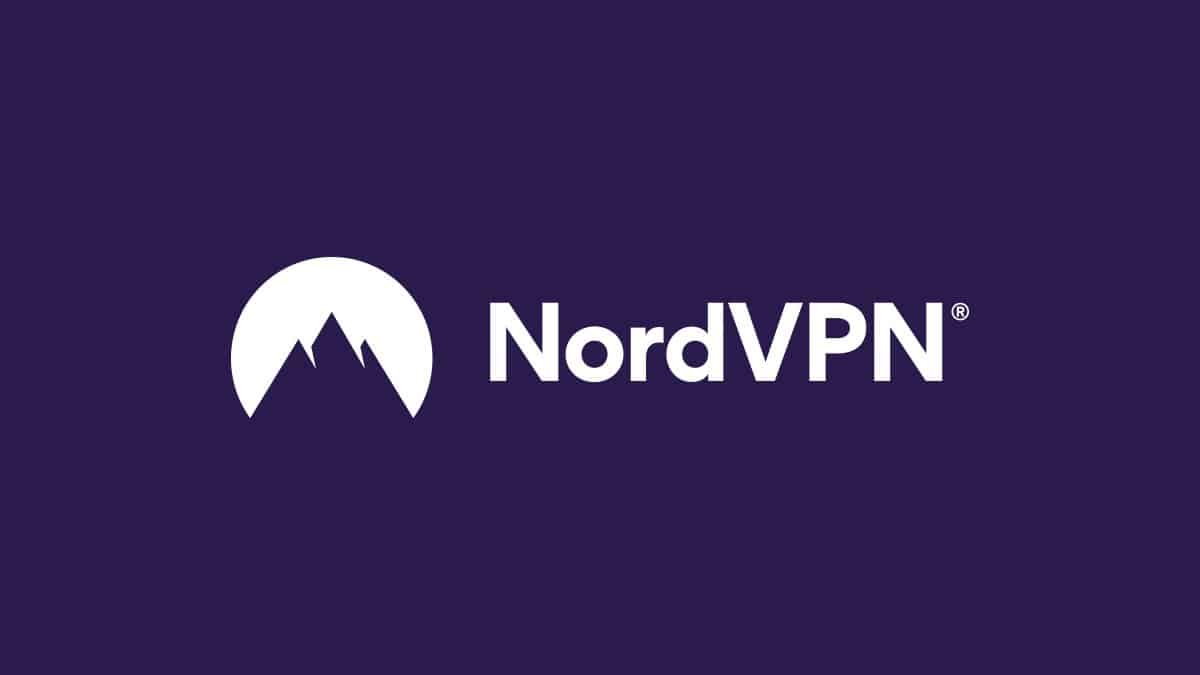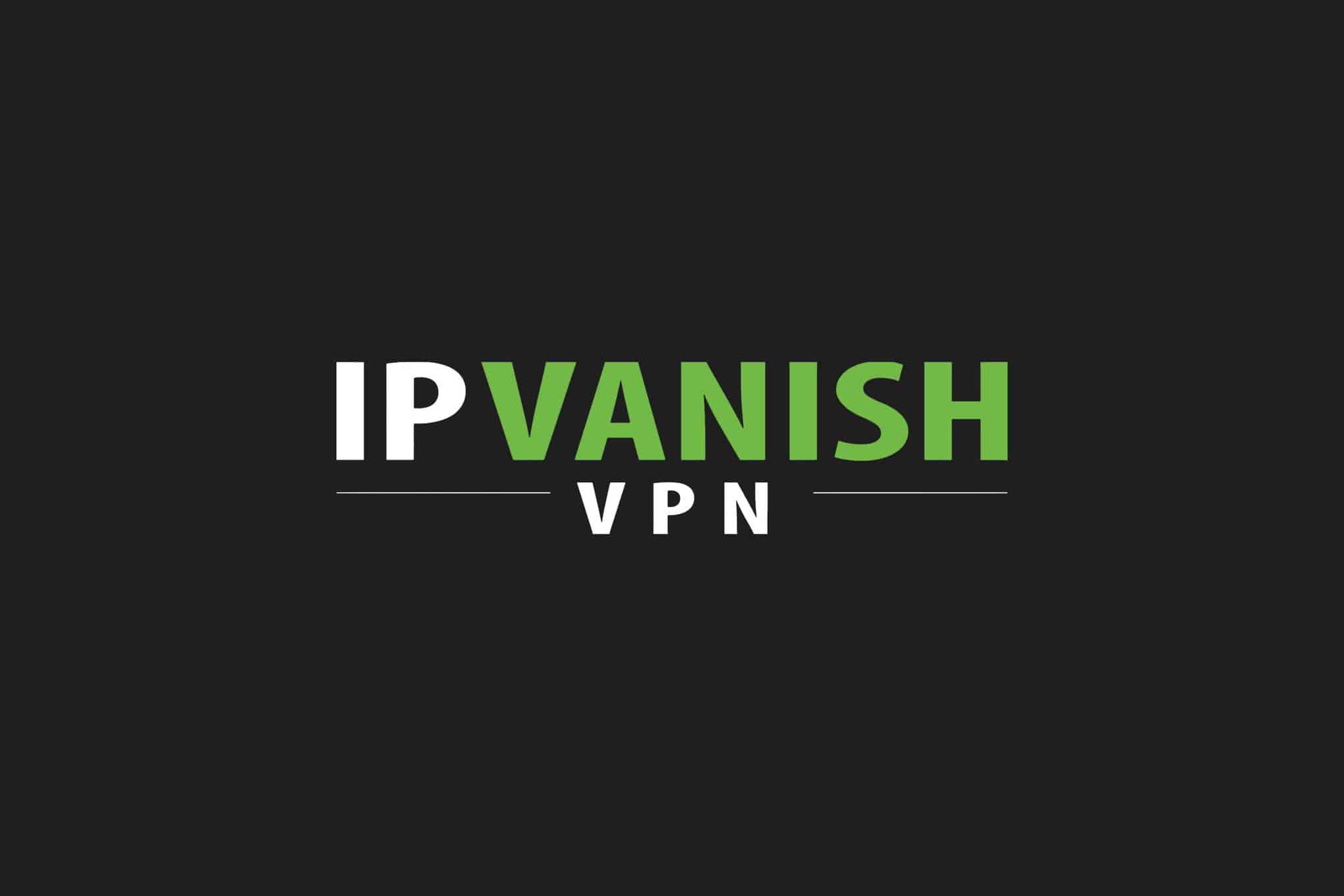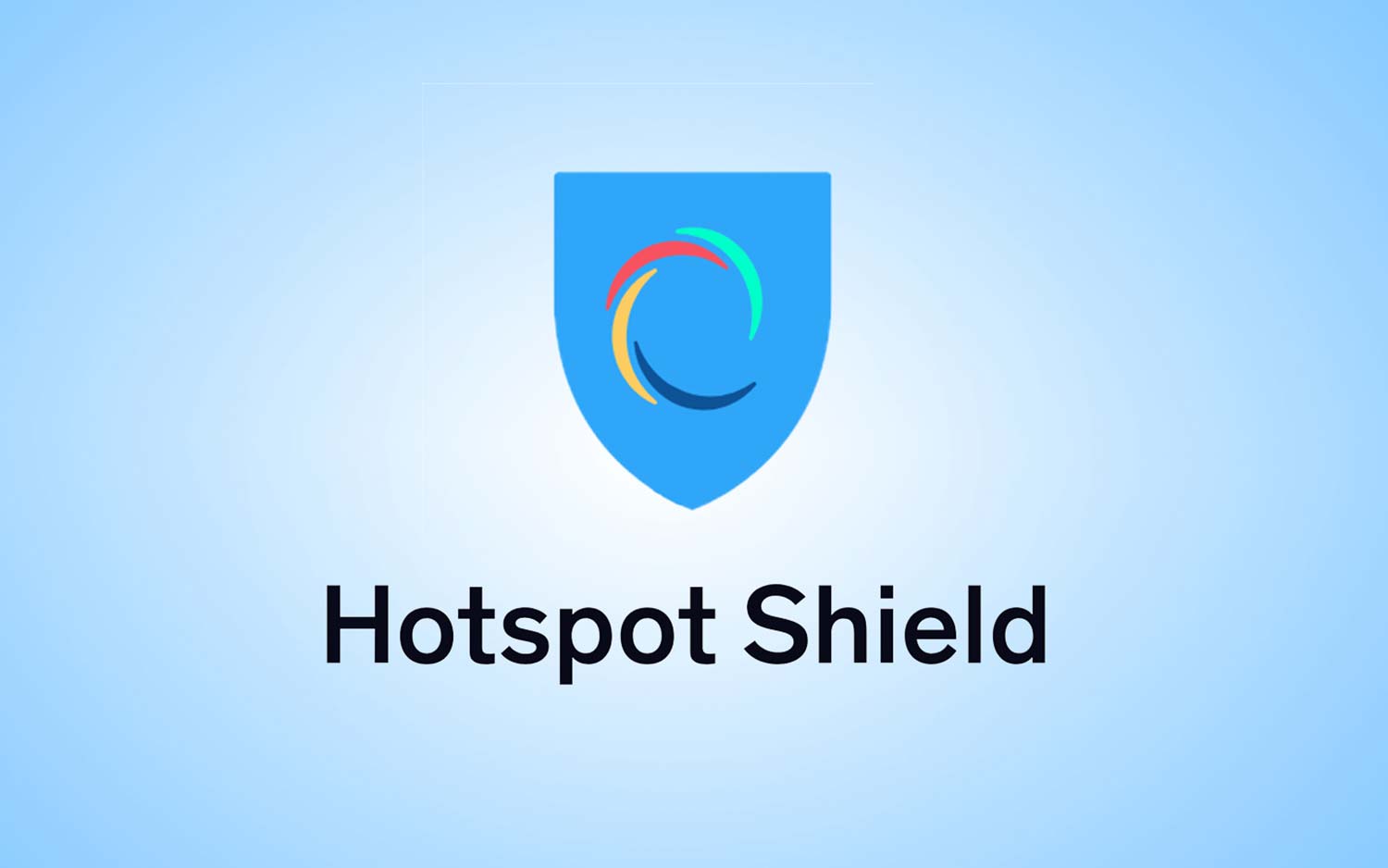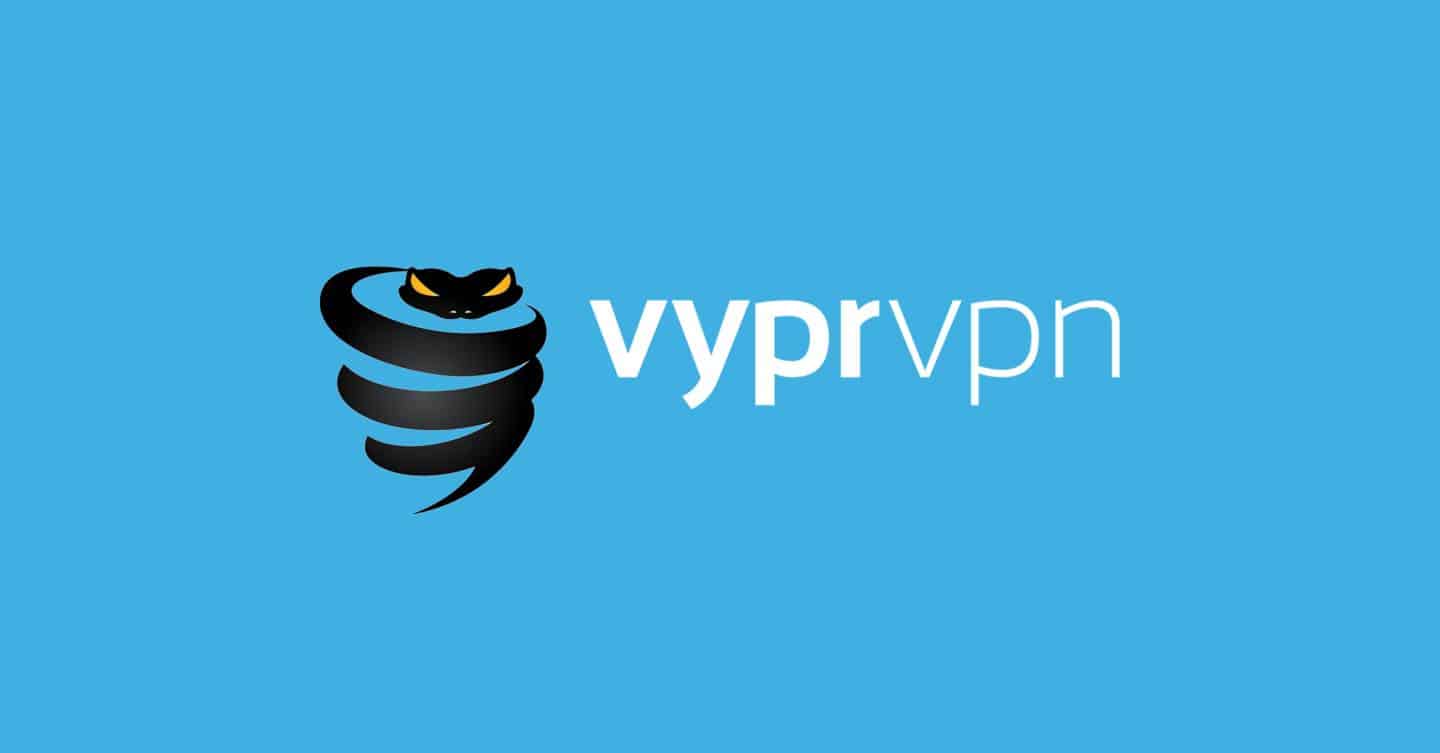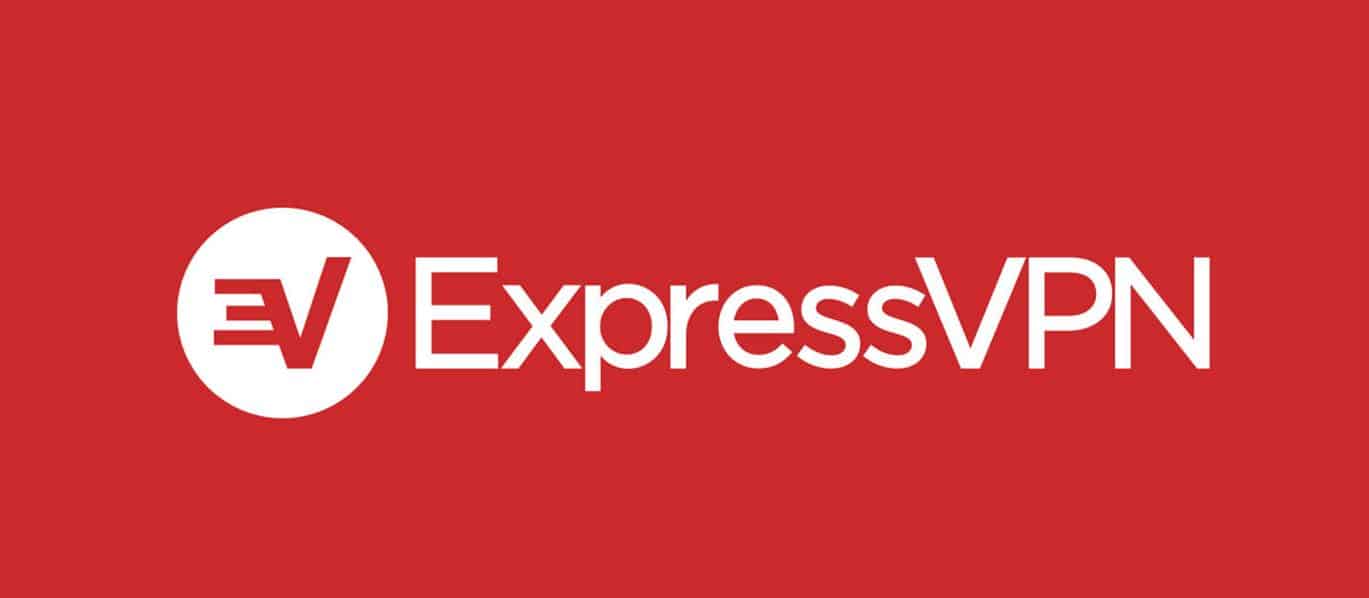Curious about the difference between cloud computing and storage? The two both use cloud-based remote sever capabilities, but in different ways. Here’s what the two terms mean, and how they are used in the real world. You’ll understand what is iCloud before you know it. You should also know what is cloud storage.
What is Cloud Storage?
When you hear about cloud storage, you probably think of sharing files for business or saving music so you can listen to it from multiple devices. These are only a couple of the many uses for cloud storage, a way of using a hard drive over the Internet to store data.
Whether you are talking about what is iCloud, Google Drive, Box, or Dropbox, the cloud storage definition is similar: Data is upload through your Internet connection to remote servers in the cloud. Once the data is stored there, it can typically be accessed from multiple connected devices and shared with others.
Professionally, businesses use cloud storage to save and share documents and widely used files. Personally, people use cloud storage to manage their email and save media. It is also very handy as a data backup solution that can assist in disaster recovery. When compared to traditional hard drive management, cloud storage also tends to be cheaper and more flexible. The key components of cloud storage include:
- Server Management: Cloud storage requires dedicated servers that can receive and send information through the Internet. When you send something into cloud storage, you are using these servers, which are typically managed by the company offering the service (Google, Amazon, Apple, etc.)
- Hard Drive Space: Ultimately, cloud storage data still ends up in a hard drive. The servers connected to cloud storage services need large hard drives and cutting edge data management to store all that data. Remember, thousands or even millions of people may be using the same cloud storage service: That’s a lot of hard drive space. On a technical level, cloud storage drives are divided in personal, public, private and hybrid options, based on how hard drives are used.
- Syncing: One of the popular features of cloud storage is syncing, which allows data updates to be shared in real time across devices. This is handy whether you are updating the music you just bought on your phone and computer, changing calendar dates, or collaborating on a project with coworkers.
- Widely Available: Cloud storage has become so common that’s its hard to avoid even if you want to. Gmail uses cloud storage to house all those emails. iCloud now automatically comes with iOS. Google Drive is freely available and used by schools, companies, and other organizations. These services offer a certain amount of free storage, with tiered upgrades available at a price. Cloud storage is also offered as a bonus for many other types of services.
What is Cloud Computing?
While cloud storage is used to hold data, cloud computing is used to complete specific digital tasks. Essentially, instead of using remote server storage space alone, you are using processing power to get something done. What you can do with this processing power depends on the service…and the sky is the limit. Cloud computing is typically more useful to businesses than individuals. But individuals may benefit from some of the best free cloud music storage services.
In most cloud computing applications, data is sent to remote processors via the Internet, the process is completed, and the resulting data is sent back. A frequent example is SaaS or Software as a Service, where you use a software interface but the bulk of software activity is carried out remotely instead of by your own computer.
Cloud computing still has plenty of untapped potential. It allows even small companies to offer their services to a broad audience via an app or website, so many service startups use cloud computing and continue to come up with new, interesting uses. Businesses are finding it increasingly cost-effective to move more and more applications – and entire desktops – into the cloud instead of relying on individual computer capabilities. Major features of cloud computing include:
- Server Management: Like cloud storage, cloud computing requires extensive server banks and top-notch server management. It’s no wonder that companies like Amazon have had great success in offering servers for basic cloud computing activities, ideal for small businesses. Larger companies may prefer cloud computing that uses a more specialized cloud hosting provider or their own servers.
- Processing Power: While cloud storage focuses on hard drive space, cloud computing is all about processing power. Cloud computing may not require as much hard drive space, but it does need robust processors to keep applications running smoothly.
- Virtualization Capabilities: Virtualization refers to many different processes that allow software to control hardware, often at a distance. The name comes from the ability to create “virtual” spaces on servers for software, data management, desktops, and more. They look and act like the real thing, but they are digital constructs. This is a foundational concept for cloud computing, and allows for some impressive approaches to IT management.
- Targeted to Specific Business Needs: Cloud computing tends to have narrower focus than cloud storage. Most cloud computing seeks to offer specific solutions for businesses, like marketing capabilities, data processing, and so on.



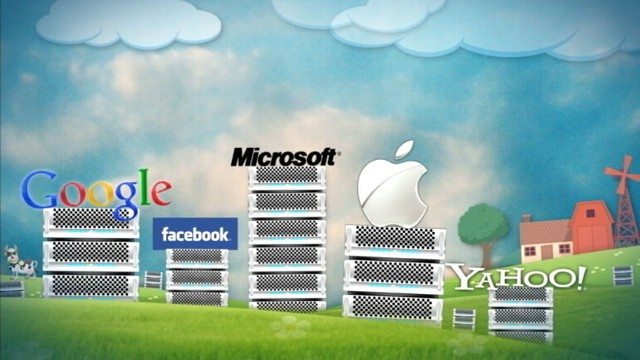
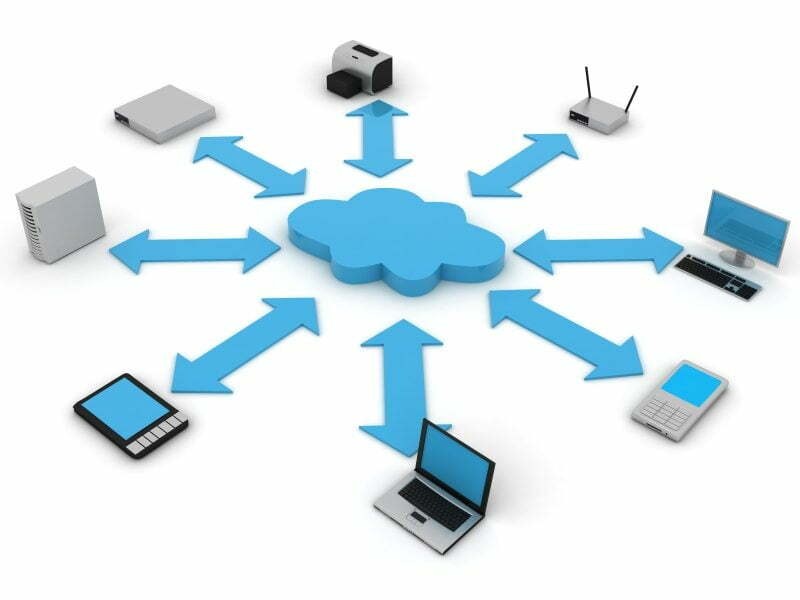








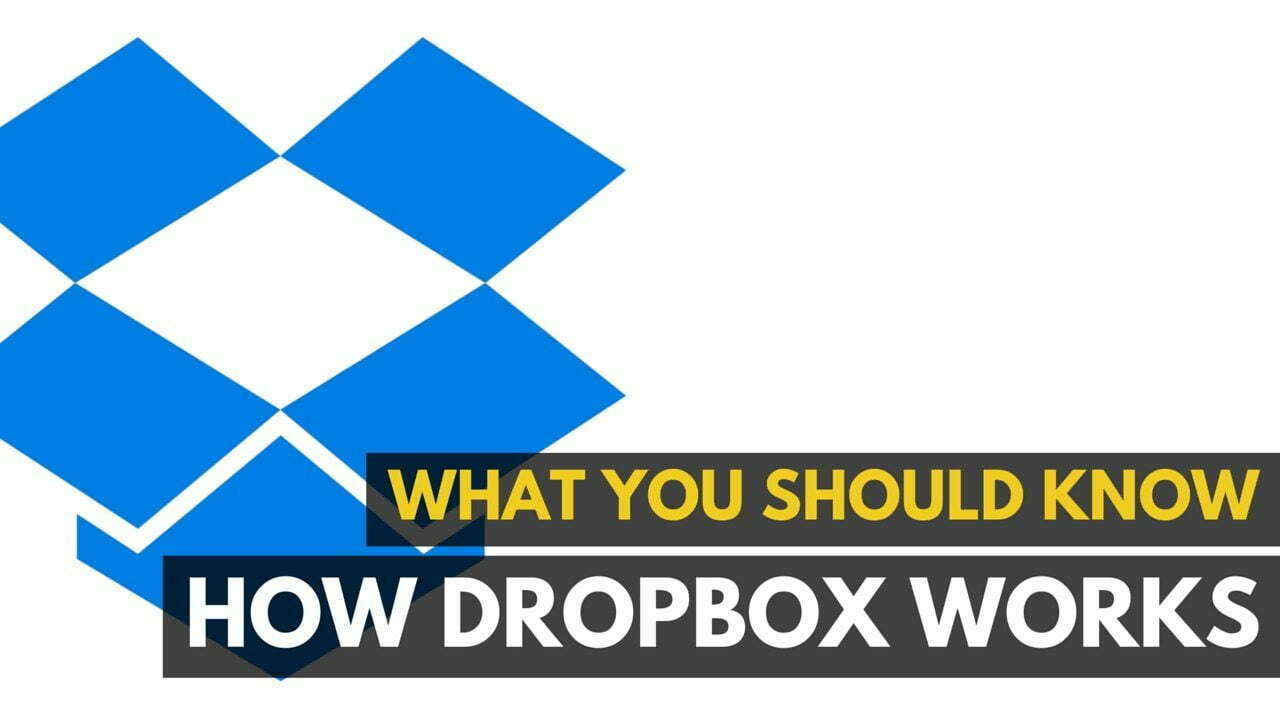
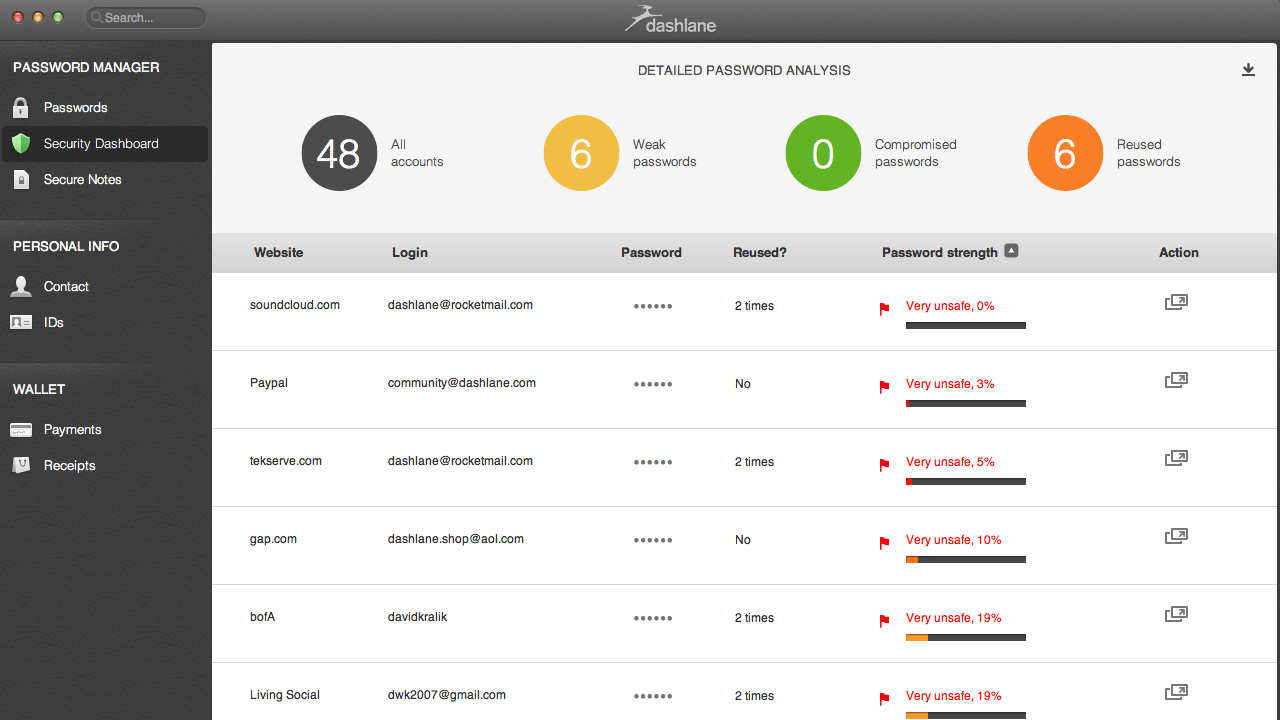
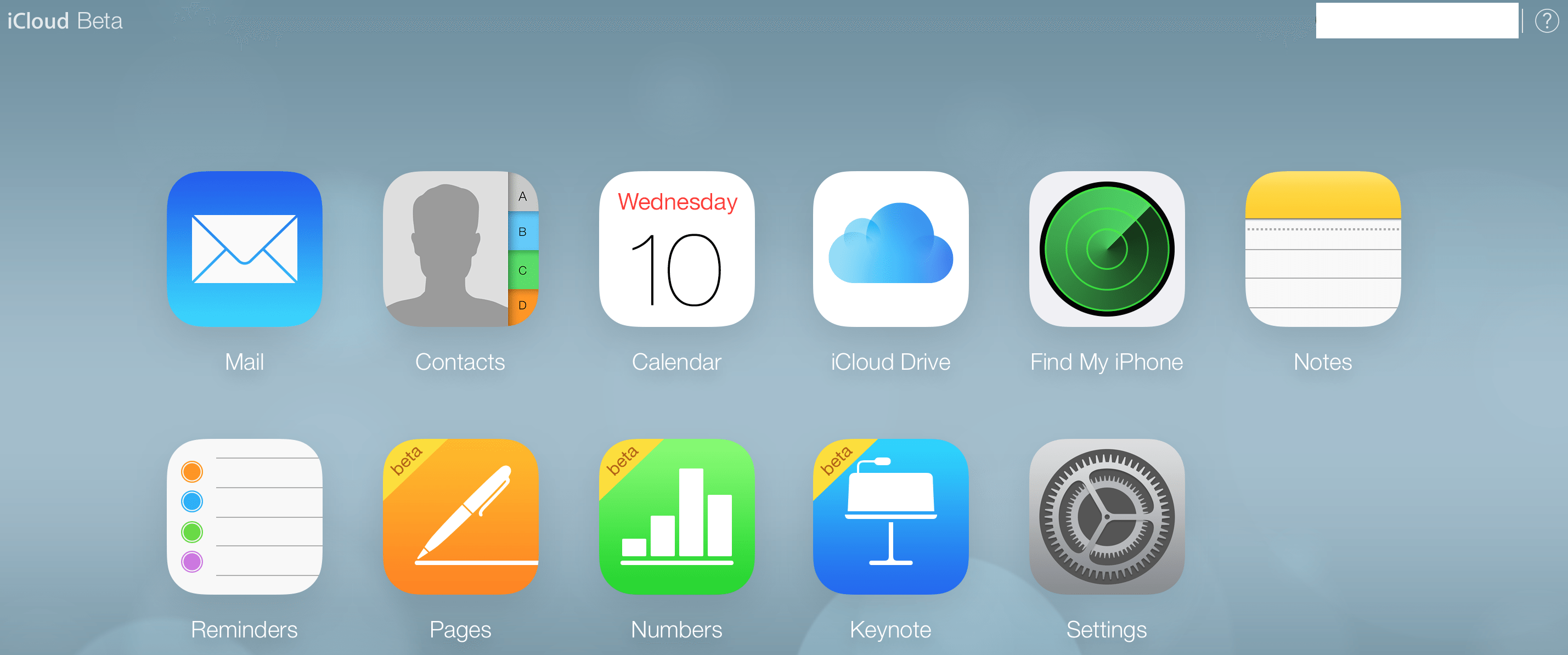
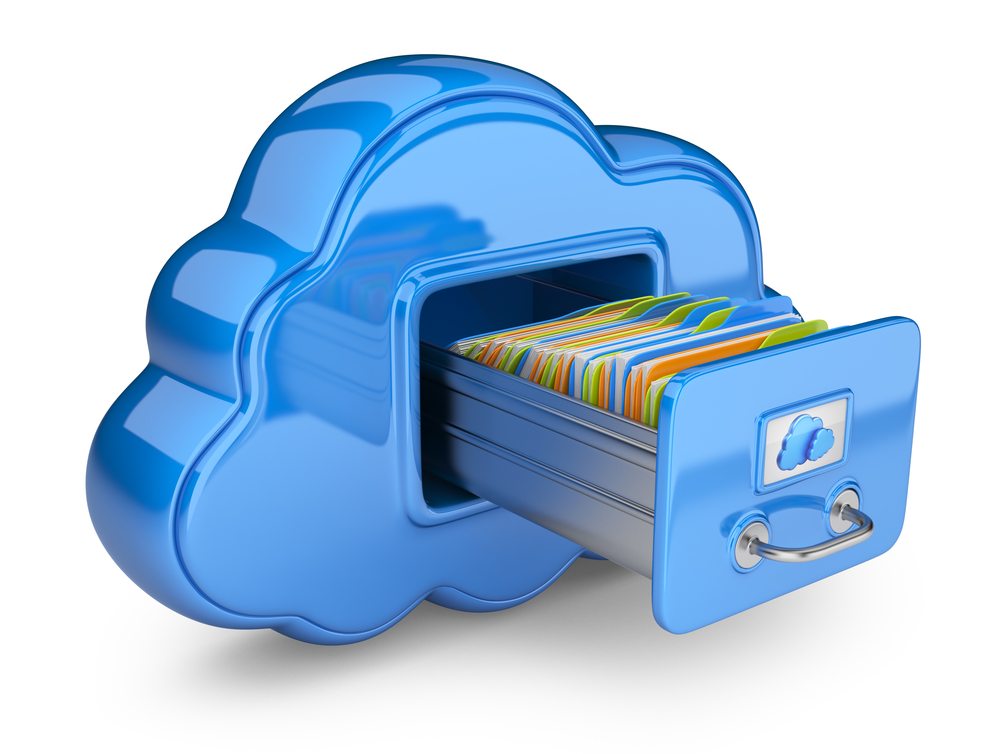

![Best VPN in [year] ([month] Reviews) 11 Best VPN in 2026 (January Reviews)](https://www.gadgetreview.dev/wp-content/uploads/Private-Internet-Access-Best-VPN.jpg)



